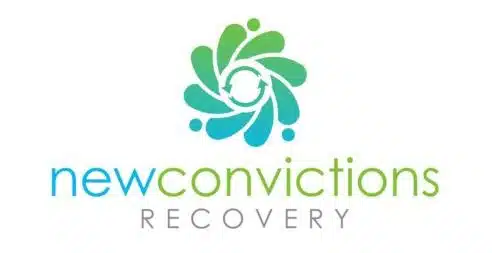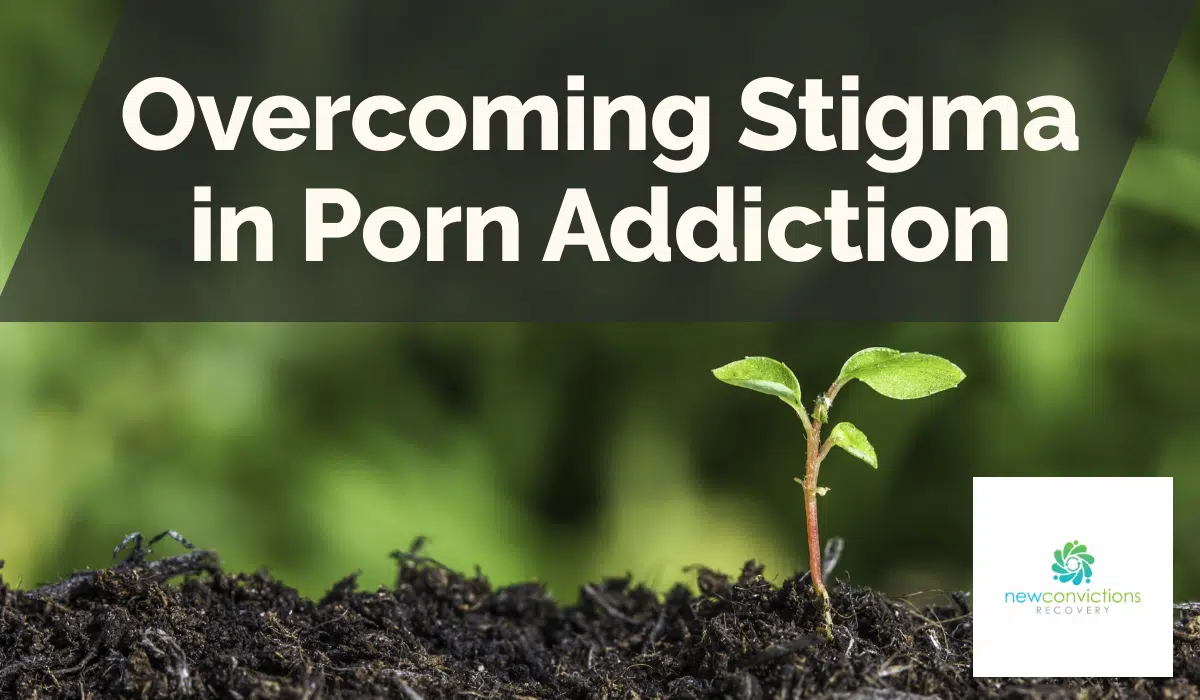In today’s modern world, addictions come in a multitude of forms including one that is often overlooked yet widely prevalent – pornography addiction. Like other forms of addiction, it is a struggle that affects not just the individual but also those around them. This article aims to shed light on overcoming the stigma associated with porn addiction. To make progress, education is key in increasing awareness about addiction, understanding its impact, and acknowledging the pivotal role counseling plays in recovery.
Overcoming Stigma in Porn Addiction
Stigma can hinder an individual’s journey to recovery. The fear of being judged and ostracized may deter people from seeking help, which is why it is crucial to challenge and overcome such stereotypes. By acknowledging that pornography addiction is not a matter of ‘weak moral standing’ or ‘lack of self-control’, but a legitimate issue; society can begin to reduce stigma and misconceptions.
Reducing Stigma through Education and Awareness
Knowledge is power when it comes to reducing stigma. Perhaps the most effective way to combat these stereotypes is by spreading accurate information about pornography addiction. This includes explaining how anyone, regardless of age, gender, or background, can fall victim and how the brain’s reward system can play a significant role. Education can promote understanding, empathy, and significantly decrease stigma.
The Vital Role of Individual Counseling and Family Therapy
For those battling addiction, professional assistance through individual counseling can be highly useful. Therapists can provide strategies to manage urges, boost self-esteem, and tackle any associated mental health issues. Family therapy can also be immensely beneficial. It not only helps family members comprehend the nature of the addiction but can mend relationship strains that may have emerged because of it.
Frequently Asked Questions
- Is pornography addiction a real issue?
Yes, pornography addiction is a real and serious issue that can lead to numerous personal and interpersonal problems.
- How can the stigma associated with porn addiction be minimized?
Education, awareness, and understanding all play a significant role in reducing stigma. Similarly, treating it as a medical issue, not a moral failing, can also contribute to changing perceptions.
- What role does counseling play in recovery?
Counseling is crucial in providing coping strategies, addressing underlying issues, and offering guidance throughout the recovery process. Family therapy is also beneficial in supporting and repairing relationships.
Conclusion
The stigma associated with pornography addiction is a significant obstacle for many in seeking help. However, by treating it as a legitimate issue and not a moral failing, educating society, and utilizing professional therapies, we can diminish this stigma. As a result, those affected can seek the help they need without fear of judgment or discrimination. At the end of the day, compassionate understanding, not stigmatization, is what will foster recovery and healing.

